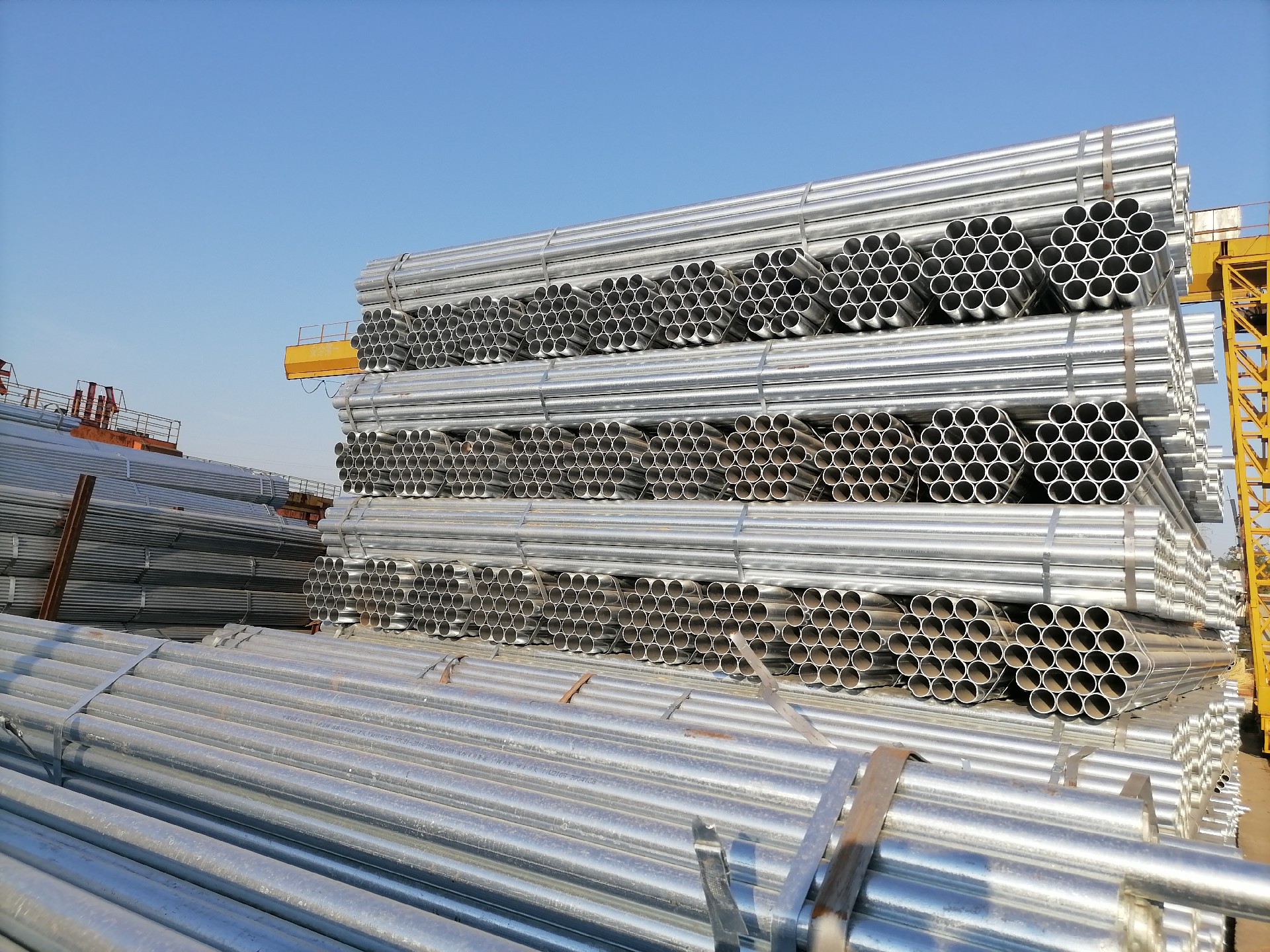Steel Pipe: A Versatile Solution for Fluid Transportation and Structural Applications
Steel pipe is a crucial component in various industries, serving as a versatile solution for fluid transportation and structural applications. Its durability, strength, and adaptability make it a preferred choice for a wide range of uses. In this article, we will explore the characteristics and applications of steel pipe, highlighting its importance in different sectors.
The Strength and Durability of Steel Pipe
Steel pipe is renowned for its exceptional strength and durability. Its high tensile strength allows it to withstand extreme pressures and heavy loads, making it suitable for applications requiring reliable and robust performance. Additionally, steel pipe's resistance to corrosion and other environmental factors ensures its longevity, even in harsh conditions.
Fluid Transportation Applications
Steel pipe plays a vital role in fluid transportation across various industries. It is commonly used for the conveyance of water, oil, gas, and other liquids. The smooth interior surface of steel pipe minimizes friction, allowing for efficient flow and reducing energy consumption. Moreover, steel pipe's resistance to chemical reactions and leakage makes it a reliable choice for transporting hazardous substances.
Structural Applications
In addition to fluid transportation, steel pipe is widely utilized in structural applications. It is a key component in the construction of buildings, bridges, and infrastructure projects. Steel pipe provides strength and stability to structures, enabling them to withstand external forces such as wind and earthquakes. Its versatility allows for various shapes and sizes, making it suitable for different architectural designs.
Industrial and Mechanical Uses
Beyond fluid transportation and structural applications, steel pipe finds extensive use in industrial and mechanical settings. It is employed in the manufacturing of machinery, equipment, and components. Steel pipe's durability and resistance to heat and pressure make it ideal for industries such as manufacturing, mining, and power generation. Additionally, steel pipe is commonly used in the automotive industry for exhaust systems and chassis construction.
Advancements and Future Trends
The steel pipe industry continues to evolve to meet the demands of various sectors. Advancements in manufacturing techniques have led to the development of seamless steel pipes, which offer improved strength and reliability. Furthermore, research and development efforts focus on enhancing the sustainability of steel pipe production, including the use of recycled materials and reducing the environmental impact.
Conclusion
Steel pipe is a versatile solution for fluid transportation and structural applications. Its strength, durability, and adaptability make it an essential component in various industries. Whether it is used for fluid conveyance, structural support, or industrial purposes, steel pipe plays a pivotal role in shaping our modern world. With ongoing advancements and a focus on sustainability, the future of steel pipe looks promising, ensuring its continued significance in industry.

